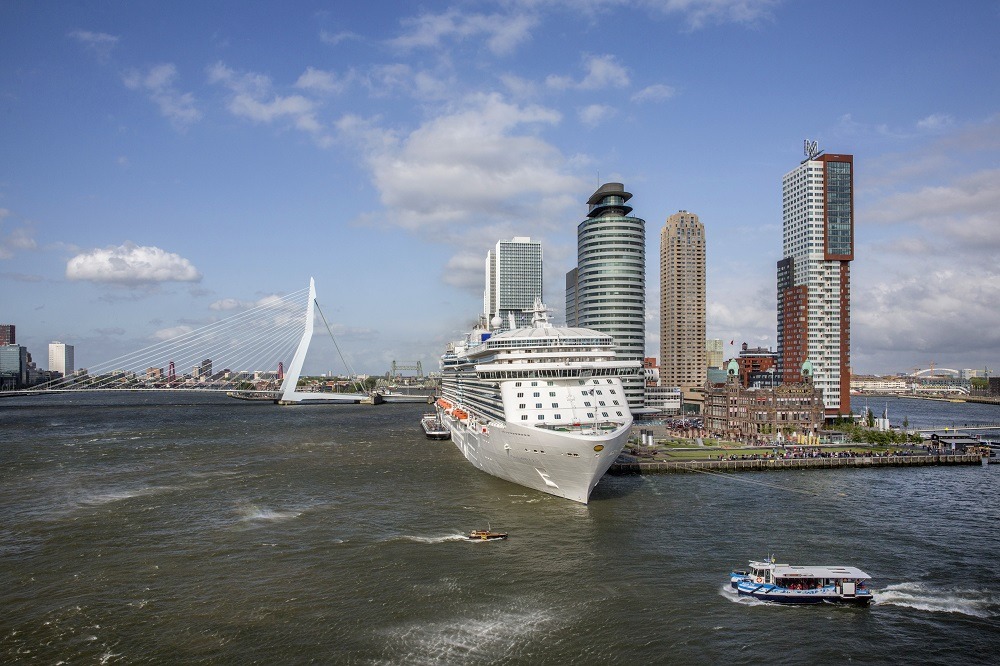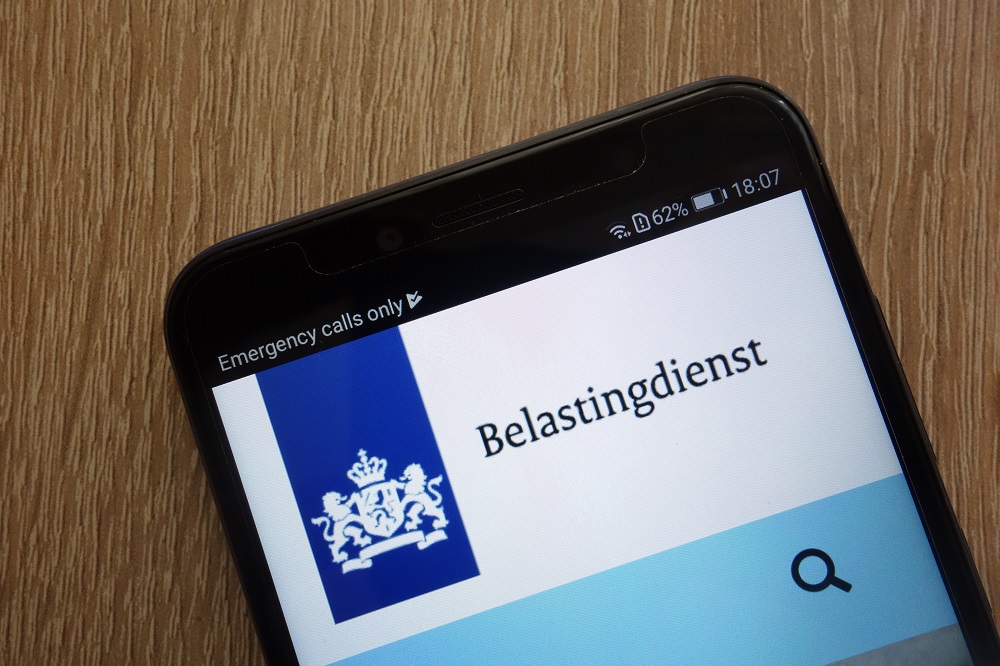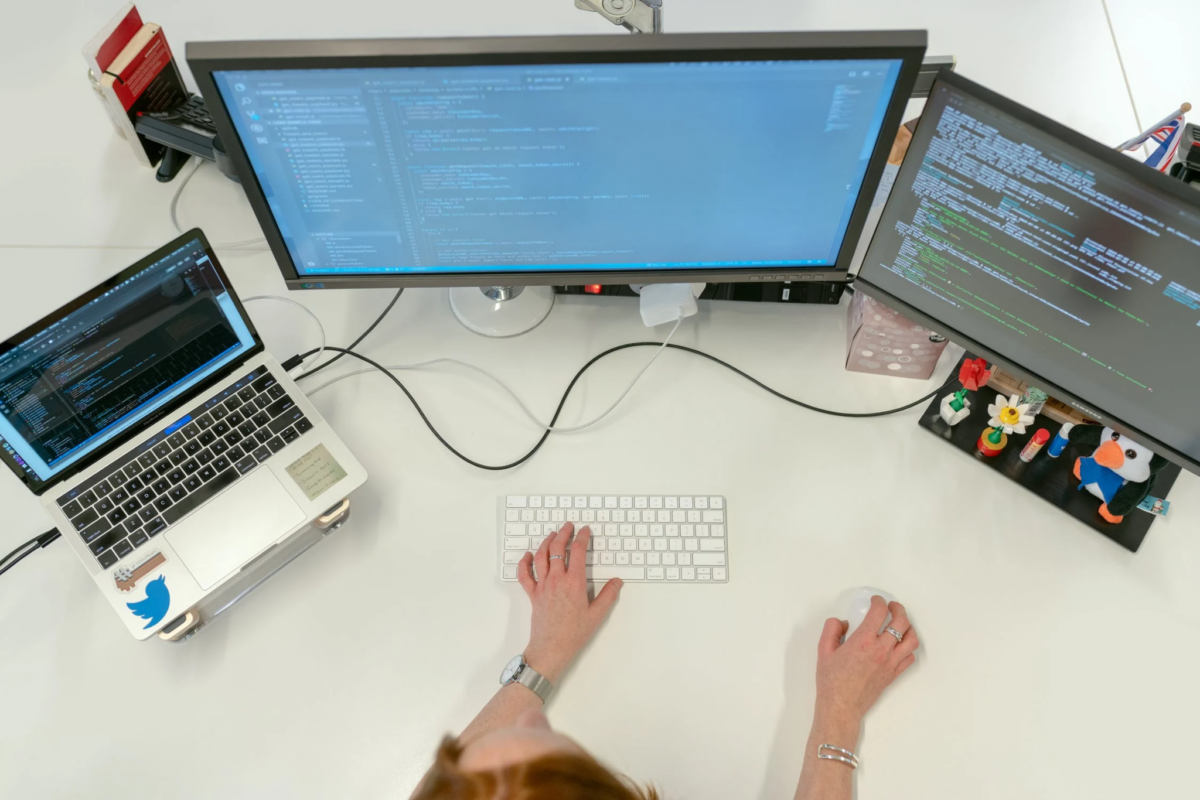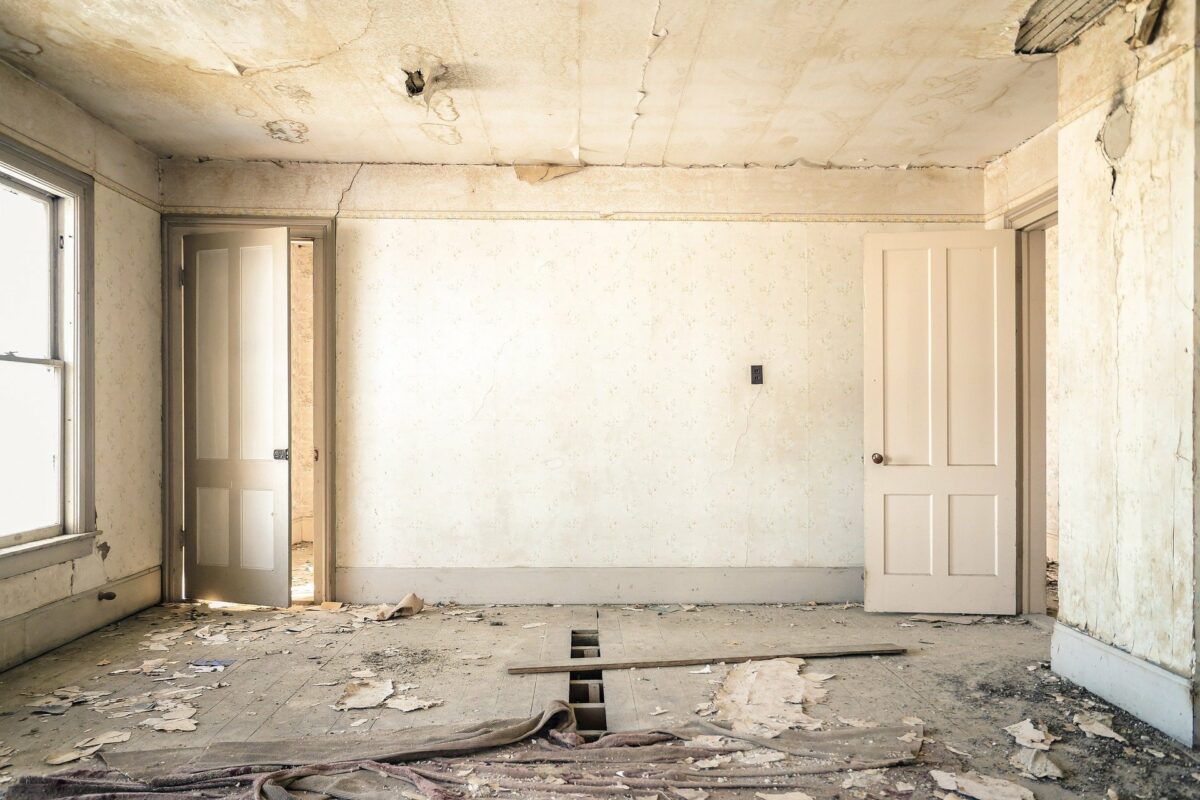In the Netherlands, political power is divided between several different authorities. The central Dutch government is the key player in the running of the Netherlands. However, municipalities, water boards and even King Willem Alexander himself have a part to play in Dutch politics. We will give you a concise rundown of how the Dutch Political system works on this page. Read on to find out how you, as an expat, can vote or stand for election, in order to have your say too!
Levels of Government in NL
The Netherlands is actually run by four authoritative bodies. The central Dutch government takes care of matters of national interest. We will go into this in more detail later. Holland also has the following governing establishments:
1. A Provincial Government
The provincial government deals with:
- Social work
- Cultural affairs
- Environmental management
- Spatial planning
- Energy
- Sports
2. Municipal Governments
Municipal governments occupy themselves with:
- Traffic
- Housing
- Social services
- Health care
- Sports
- Culture
- The water supply
- Public schooling
- Recreation
3. Water Boards
Water boards manage:
- Water levels
- Sewage treatment
- Water barriers
- Waterways
- Water quality
Central Dutch Government
A Monarchical Government
The central Dutch government is the major political institution in the Netherlands. It is a ‘monarchical’ government, which means that:
- It is not made up of only ministers and state secretaries
- The reigning Dutch monarch, King Willem-Alexander, is part of the government too
- Therefore, the Dutch government can also be described as a ‘constitutional monarchy’, with a parliamentary system
- This means that the constitution determines how political power should be divided between the monarch and the other governmental institutions in the Netherlands
Here are some example of how power is distributed:
- Dutch Parliament holds certain rights, which allow them to check the power of the government
- Ministers are accountable to Parliament
- The King is not accountable to Parliament. However, he has no political responsibility
The King and Dutch Politics
- The Dutch King is in a strange political position
- Since 1848 the ministers, rather than the King, have been responsible for acts of Parliament in the Netherlands
- Ministers are responsible for everything he does or says
- He, the Queen and their princesses cannot make any public statements without first consulting the Prime Minister
The Dutch Political Cabinet
The Dutch Cabinet’s responsibilities are:
- Preparing and implementing legislation
- Overseeing local governments
- Carrying out day-to-day government business
- Maintaining international relations
The Dutch Parliament
Dutch Parliament is called the ‘Staten Generaal‘. Because The Netherlands has a ‘representative democracy’ it is made up of two chambers:
- The Upper House: ‘Eerste Kamer‘
- The Upper House is made up of 75 members
- They are elected by the members of the provincial councils
2. The Lower House: ‘Tweede Kamer‘
- 150 members make up this House
- They are elected directly by the people
The two Houses of Parliament have been given four rights. They each have the right:
- Of inquiry
- Of interpellation
- To set a budget
- To put questions before the ministers and state secretaries
The Rights of the Lower House in NL
The Lower House has been given two further rights:
- Of amendment
- To propose legislation
Political Parties in NL
There are 10 long and well-established political parties in the Netherlands. Traditionally, the three most dominant are:
- The PvdA: The Dutch Labor Party
This social democratic party has its roots in the trade union movement
2. The CDA: The Christian Democrats
A merger of three confessional parties. The CDA bases its ideas on religious principles
3. The VVD: The Dutch Liberals
In the 21st century, Dutch voters have become more diverse. This is partly due to the rise of populist politicians. However, the current parliament is more right-wing than the previous one.
Smaller Political Parties in NL
There are also several smaller parties in the Netherlands. Their popularity waxes and wanes in accordance with the political climate in the country, at any given time. Some examples of smaller parties are:
- The D66: A progressive liberal party
- GroenLinks
- SGP and ChristenUnie: These are findamentalist Protestant parties
- PvdD: The Party for Animals
Forming a Cabinet in NL
Because there are so many political parties in the Netherlands, there are numerous coalition possibilities. How is a coalition formed after election?
- Several months generally pass after the elections, during which extensive deliberations take place
- Eventually, a cabinet is formed
- The cabinet should have a program to which most members of Parliament can give their approval
- In the meantime, the Prime Minister tends to the resignation of the former cabinet
- The King ‘answers’ this action, by requesting that the old cabinet stay on until there is a new one in place
- After the cabinet’s resignation, the incumbent ministers continue to run the country until the new cabinet is formed
- Decisions that might lead to extensive discussions in Parliament are delayed until the new cabinet is in power
Voting in NL
Voting for EU Citizens in NL
If you are an EU citizen:
- You are allowed to vote in municipal elections, under the same conditions as Dutch nationals
- This means that you must be at least 18 years of age on the day of the election
- You must also be a resident of a particular municipality on the day the candidates are nominated
You are also allowed to vote in elections for the European Parliament provided that you:
- Do not vote in the same election in your home country
- Are 18 years of age or older
- Are not disqualified from voting in the Netherlands or your home country
Voting for Non-EU Nationals in NL
If you are a non-EU national, you:
- May vote under the same conditions
- Must have also been a legal resident of the Netherlands for a continuous period of at least five years
Voting for the Waterboards in NL
For any expat to vote for the Waterboards, he or she must be:
- Living in a ‘watership’
- At least 18 years of age
- Have Dutch or EU nationality
- Or if he or she is of another nationality, he or she must be a legal resident of the Netherlands
 Side Note
Side Note
- Only those of Dutch nationality may vote in the Provincial States-elections and for the Second Chamber of the Parliament
- For more information on whether you can be considered a legal resident for voting purposes, contact the Dutch Ministry of Home Affairs
- If you are a member of consular or diplomatic staff then neither you, your spouse/partner nor your children may vote in the Netherlands
- Every four years, the inhabitants of Dutch cities and towns vote for their municipal council
- The smallest councils have 9 members, the largest 45

The Holland Handbook 2024
It is that time of year again; the new and annually-updated version of The ...

Dutch Taxes
Taxes are always complicated. If you have moved to the Netherlands from another country they ...

The UnDutchables 9.0
Following the legendary previous eight editions of The UnDutchables, the 9th edition of this all ...

Making the most of your Dutch home
Whether you are renting, staying in a long-term AirBNB or have just bought a ...

Gift giving in the Netherlands-all ...
If you feel like skipping your birthday, you may be in for a challenge when ...

10 things you will find in every Du ...
The Dutch are very fond of houseplants, the more the merrier! You will find the ...

Obtaining a Mortgage as an Expat in ...
Obtaining a mortgage as an expat in the Netherlands can be a complex process, as ...

Help me move to the Netherlands!
Obviously, the decision to move to the Netherlands is not one to be taken lightly ...

The Impact of Technology on Educati ...
Education is unending and pivotal in society. Technology is one of the most dynamic entities ...

Five Renovation Tips to Increase yo ...
Learn how much home renovations cost – and which repairs increase the home value, and which ...
 Recommended reading
Recommended reading Useful links
Useful links